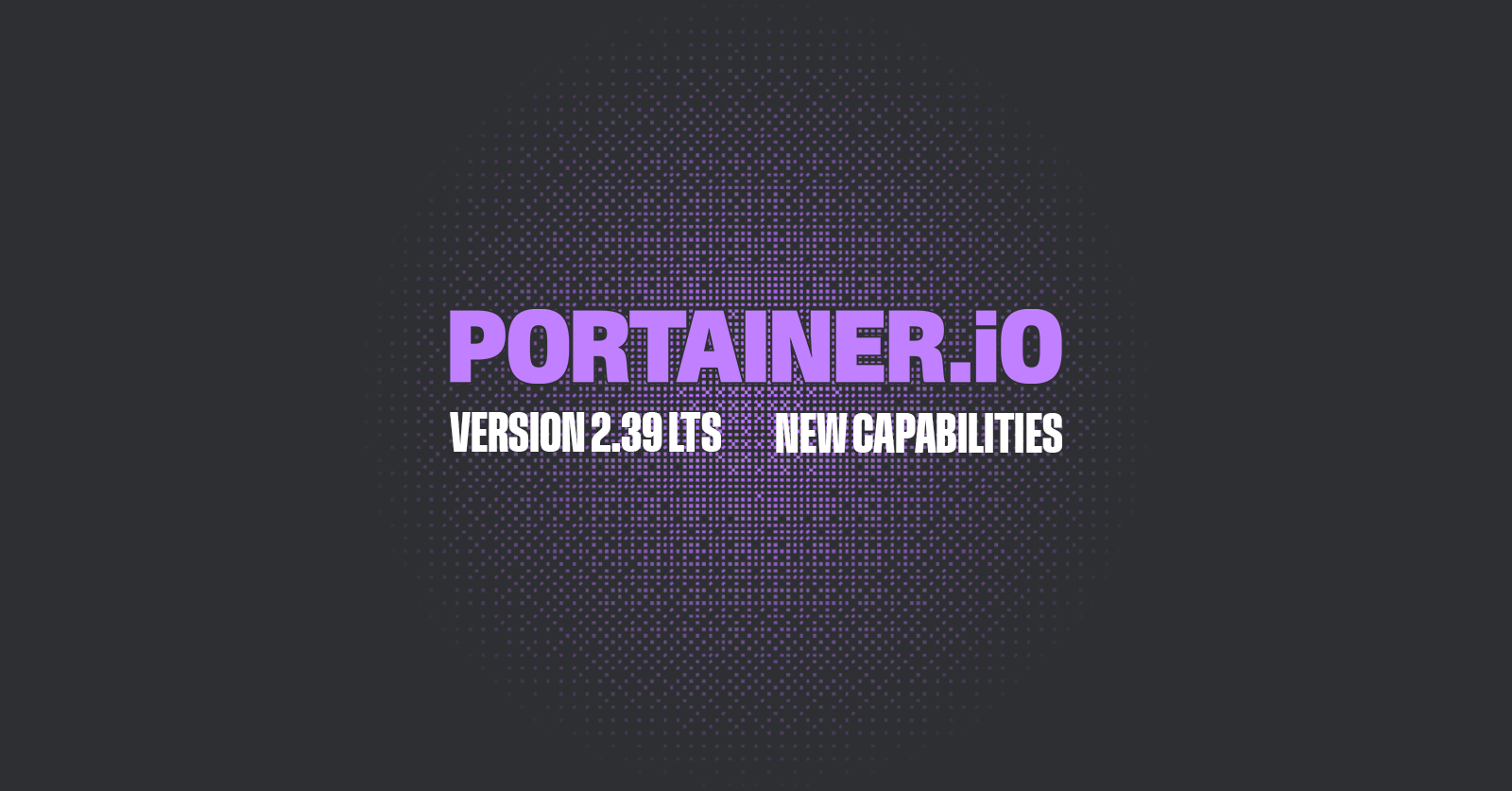Containers are no longer on the edge of innovation; they've moved firmly into the heart of enterprise IT. Across industries like banking, manufacturing, healthcare, and government, organizations are diving into container adoption as part of their digital transformation journeys. Kubernetes, the most popular orchestration tool for containers, has made deploying workloads at scale more accessible than ever. Yet it has also brought with it unexpected complexities.
Interestingly, the enterprise market is broadly split into two camps. On one side you have the tech-savvy early adopters who thrive on building custom, highly sophisticated Kubernetes platforms. On the other side there’s the pragmatic majority: businesses that value simplicity, predictability, and reliability over technical brilliance. It's this pragmatic majority (making up about 80% of the enterprise market) that traditional container management solutions often overlook.
This mainstream group isn’t interested in becoming Kubernetes experts. They're not looking for intricate tools that require extensive training or dedicated platform engineering teams. Instead, they're seeking intuitive solutions that abstract complexity, allowing them to quickly realize tangible business value from containers. They want stability, straightforward operational practices, and minimal disruption to their existing infrastructure.
That's precisely where Portainer comes into the picture.
Keeping it simple
From the beginning, Portainer was built around a straightforward premise: container management should not be complicated. With Portainer, you won’t find yourself lost in Kubernetes manifests or wrestling with the nuances of Helm charts. Instead, you're greeted with an intuitive, user-friendly interface that empowers IT generalists (not just Kubernetes specialists) to easily deploy, manage, and monitor containerized applications.
Portainer's simplicity is not an afterthought; it’s core to its entire design. By offering sensible defaults, guided workflows, and straightforward navigation, Portainer ensures your team can scale their container management capabilities gradually. Your team will naturally grow into more sophisticated use cases over time without feeling overwhelmed from day one.
Getting operational fast
One of the major headaches enterprises face when adopting container platforms is the prolonged setup and onboarding time. Portainer cuts right through that problem. It’s designed to deliver immediate productivity. Teams using Portainer typically find they can get from initial deployment to productive operation within days or weeks, not months.
This accelerated time-to-value is a game-changer for many enterprise digital tranformation journeys, including manufacturing digital transformation. It means fewer delays, fewer costs associated with prolonged onboarding, and significantly less frustration. You can quickly begin seeing tangible operational benefits without significant upfront investment in training, consulting, or additional headcount.
Predictable, reliable, and familiar operations
Enterprises, especially those in regulated industries, deeply value stability and operational predictability. Portainer’s design philosophy reflects this, prioritizing operational reliability above flashy features or complex capabilities. The platform provides straightforward logging, intuitive and direct troubleshooting, and conservative yet efficient upgrade paths. These familiar operational patterns are comforting for enterprise IT teams, who appreciate predictability and simplicity above all else.
When your infrastructure runs predictably, you reduce risks and ensure that your IT resources can remain focused on delivering business outcomes instead of troubleshooting unexpected complexities.
Security that’s integrated, not added later
Security and compliance aren’t optional extras for enterprises, they’re non-negotiable. With Portainer, robust enterprise-grade security capabilities are integrated directly into the platform. Out-of-the-box support for identity management through LDAP, Active Directory, and OIDC, coupled with strong Role-Based Access Control (RBAC), simplifies maintaining secure operations.
Because Portainer inherently aligns with enterprise compliance and auditing requirements it significantly reduces the operational overhead typically associated with container security and governance. This built-in approach makes compliance less of a headache and more of a natural part of everyday operations.
Supporting your entire environment: hybrid and transitional
Most organizations adopting containers don’t have the luxury of a clean slate. They often have legacy applications running alongside newer containerized workloads. While many container management platforms assume full Kubernetes adoption, Portainer understands that transitions are gradual. It seamlessly manages legacy Docker-based workloads side by side with Kubernetes, making it uniquely valuable to enterprises navigating mixed environments.
This capability allows organizations to transition applications and workloads at their own pace, significantly reducing risk and complexity. Instead of forcing a sudden migration to a purely Kubernetes-based environment, Portainer lets enterprises manage their journey organically, at a comfortable speed.
Built for the edge
Increasingly, containerized workloads aren’t limited to centralized data centers. Industries like manufacturing, retail, telecommunications, and healthcare are moving aggressively into edge computing, pushing containers into distributed, resource-constrained, and intermittently connected environments. Portainer is uniquely positioned for these scenarios.
Its capabilities in managing remote or low-resource clusters are robust and battle-tested. Enterprises relying on distributed edge deployments can confidently use Portainer to manage complex environments where connectivity may be unreliable, resources constrained, and operational challenges frequent.
Why enterprises are turning to Portainer
It’s clear the pragmatic majority in enterprise IT wants solutions that deliver simplicity, predictable operations, built-in security, and transitional flexibility. While most container management solutions assume advanced Kubernetes expertise or focus exclusively on high-end technical users, Portainer intentionally takes a different route.
Portainer recognizes and directly addresses the core challenges faced by the majority of enterprises today. It’s uniquely tailored to serve organizations that need accessible container management without sacrificing power or flexibility. Enterprises adopting Portainer quickly experience increased operational efficiency, reduced risk, and significantly accelerated digital transformation.
The takeaway
Enterprises don’t need more complexity; they need clarity. They don’t require extensive Kubernetes expertise; they need intuitive tools that match their real-world operational capabilities. Portainer uniquely bridges this gap, providing precisely the balance enterprises are looking for today.
If your organization fits this pragmatic profile, Portainer might not just be the container management platform you consider; it could be exactly the one you need.





